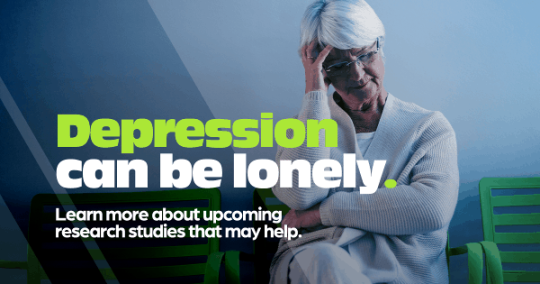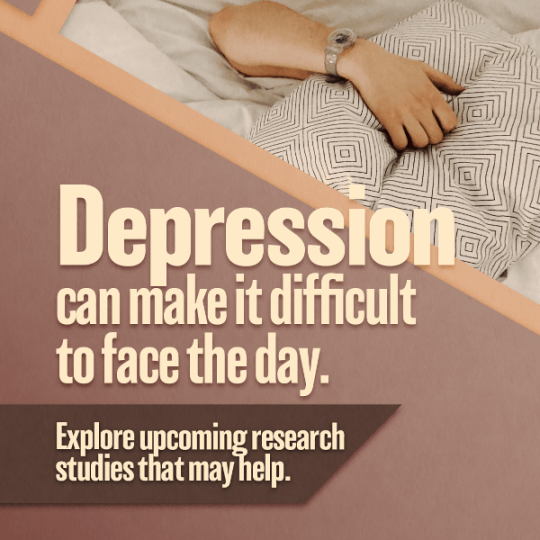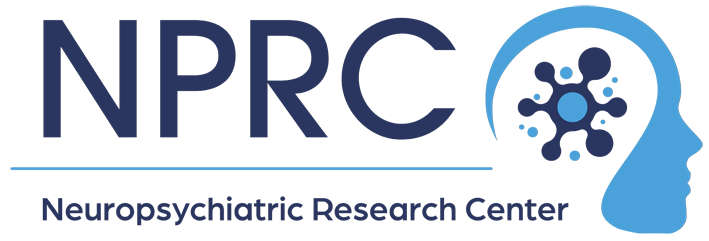Depression is one of the most treatable forms of mental health disorder. For instance, those who seek treatment will almost always get some symptom relief. Unfortunately, only around 1 in 5 who experience depression symptoms seek help. Depression isn’t a state of mind. It is a disorder most will experience at least once in their lives. We owe it to ourselves and future generations to change the stigma surrounding mental health disorders.
A Mental Health Disorder
Depression is a medical health disorder resulting from changes in the brain that affect how you think and act. It is an overwhelming feeling of sadness and hopelessness lasting longer than two weeks, called episodes. It also causes a loss of interest in doing the things you once loved, extreme lack of energy, sleep disturbances, agitation, suicidal thoughts, and other symptoms. Severity can range from mild to severe.

There is no known exact cause, though physical changes in the brain, hormones, and inherited traits are some of the factors we believe are involved. Over the years, research has shown that brain areas that regulate mood appear to function abnormally with this condition. It can affect anyone, regardless of gender, race, or family history. Children and teens can develop it too, and present different symptoms than adults.
The Treatment Kryptonite of Mental Health Disorder Stigma
Many tools can help manage symptoms of depression. Counseling, medications, and other therapies can be used in conjunction or alone. More often than not, a patient may have to try different ones before finding the right combination. In severe cases, hospitalization or residential therapy is necessary for a patient’s safety until their condition improves.
Depressed individuals face various symptoms that can make it harder to seek treatment. As with most illnesses, treatment helps ease symptoms and prevent them from getting worse. Nevertheless, misunderstandings, incorrect assumptions, and non-acceptance issues play a crucial role in why those affected don’t get help. While educating the public helps change some of the stigma surrounding depression, we must be persistent in our own fight for physical and emotional health.

There’s still a lot to learn about depression. The more we know, the better we can detect, prevent, and treat it. Clinical research studies are necessary to this process. The volunteers who participate in research make these advancements possible. To learn more about upcoming depression studies here at Neuropsychiatric Research Center of Southwest Florida, call (239) 939-7777, or visit our website.
References:
https://www.mayoclinic.org/diseases-conditions/depression/diagnosis-treatment/drc-20356013
https://www.webmd.com/depression/ss/slideshow-depression-myths





